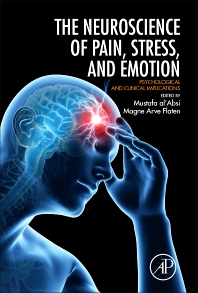Books in Social sciences and humanities
Books in Social sciences and humanities

Neuroscience for Addiction Medicine: From Prevention to Rehabilitation - Constructs and Drugs
- 1st Edition
- Volume 223
- January 14, 2016
- English

The Molecular Basis of Drug Addiction
- 1st Edition
- Volume 137
- January 12, 2016
- Shafiqur Rahman
- English

The Information Systems Security Officer's Guide
Establishing and Managing a Cyber Security Program- 3rd Edition
- January 12, 2016
- Gerald L. Kovacich
- English

The International Civil Service
Changing Role and Concepts- 1st Edition
- January 12, 2016
- Norman A. Graham + 1 more
- English

Sex Facts and Attitudes
A Sound Discussion of the Physical and Emotional Aspects of Sex Addressed to All Adults Who Have Any Responsibility for the Sex Education of Children or Youth- 1st Edition
- January 11, 2016
- Marion O. Lerrigo + 1 more
- English

Advances in Experimental Social Psychology
- 1st Edition
- Volume 53
- January 11, 2016
- English

Urban Disasters and Resilience in Asia
- 1st Edition
- January 6, 2016
- Rajib Shaw + 3 more
- English

Emotions, Technology, and Health
- 1st Edition
- January 4, 2016
- English

Psychophysics
A Practical Introduction- 2nd Edition
- January 4, 2016
- Frederick A.A. Kingdom + 1 more
- English

Neuroscience of Pain, Stress, and Emotion
Psychological and Clinical Implications- 1st Edition
- December 28, 2015
- Magne Arve Flaten + 1 more
- English